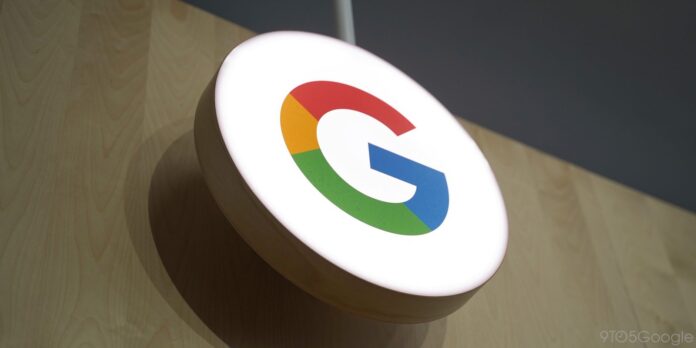Google lost a key legal battle on Tuesday as Europe’s top court ruled that its refusal to allow an e-mobility app access to its Android Auto platform was anti-competitive.
The decision upholds a 2021 ruling by Italy’s antitrust authority, which fined Google €100 million ($106.7 million) for blocking Enel X Italia’s electric car charging app from integrating with the platform.
The Court of Justice of the European Union (CJEU) determined that Google’s actions constituted an abuse of market dominance. “A refusal by an undertaking in a dominant position to ensure that its platform is interoperable with an app of another undertaking, which thereby becomes more attractive, can be abusive,” the judges stated.
However, the court noted that a refusal could be justified if granting access compromised security, platform integrity, or if no template existed for that category of apps at the time of the request. In such cases, the dominant company must develop a template within a reasonable timeframe.
Google had previously defended its decision, arguing that restricting Enel’s app was necessary to prevent driver distractions. The company has since launched the requested feature but noted that at the time, the app was relevant for only 0.04% of cars in Italy.
“We prioritize building the features drivers need most because we believe that innovation should be driven by user demand, not specific companies’ requests,” a Google spokesperson said.
The ruling, which cannot be appealed, could have broader implications for Big Tech’s interoperability requirements across the EU. While Google has been designated as a gatekeeper under the EU’s Digital Markets Act (DMA), its Android Auto platform is not currently subject to those regulations.
However, the CJEU’s decision reinforces the principle that dominant market players must ensure fair access to their platforms.




